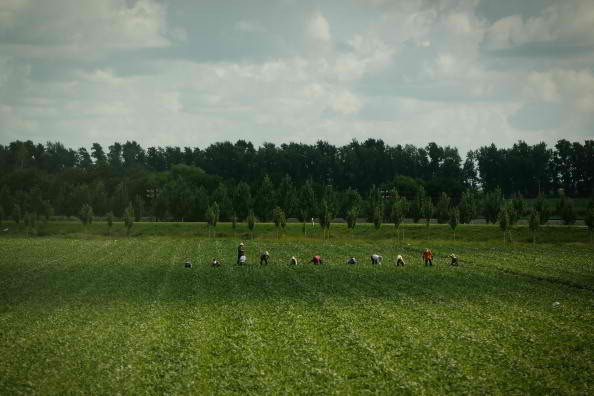Learning from the food scandals in China and to establish food security, the China National Chemical Corporation bought Swiss-owned farm chemical and seed technology company Syngenta.
After obtaining a deal with the European Union, state-owned chemical company ChemChina made the purchase worth $43 billion. The acquisition is the largest Chinese takeover of an international company.
Fred Gale, a senior economist at the United States Department of Agriculture, said that the move was to speed up Chinese research on seed and agricultural chemicals.
He said, "China has been trying to develop its own seed industry--and agricultural chemicals as well--for decades, and the progress has been slow. This is an attempt to upgrade productivity."
The takeover will make China in the lead of food research and global agricultural technology.
ChemChina was bidding against American companies DuPont and Dow Chemicals. The two American companies were still working on a merger and eventually lost to ChemChina.
China intends to make a more stable domestic supply for food for its growing middle class. Due to numerous food scandals, more Chinese are opting to buy food from outside the country.
The acquisition of Syngenta aims to make the local food supply chain more legitimate and globally competitive.
ChemChina also wants to beef up research on genetically modified seeds.
According to Gale, "the general public has become very suspicious of seeds. That will be an obstacle to Syngenta becoming a pipeline for G.M.O. seeds in the China market."
Margrethe Vestager, the European Union commissioner in charge of competition policy, released a statement on the acquisition and said that Syngenta will have to sell some of its assets to even out the playing field with its competitors.
"It is important for European farmers and ultimately consumers that there will be effective competition in pesticide markets, also after ChemChina's acquisition of Syngenta," she said.




























